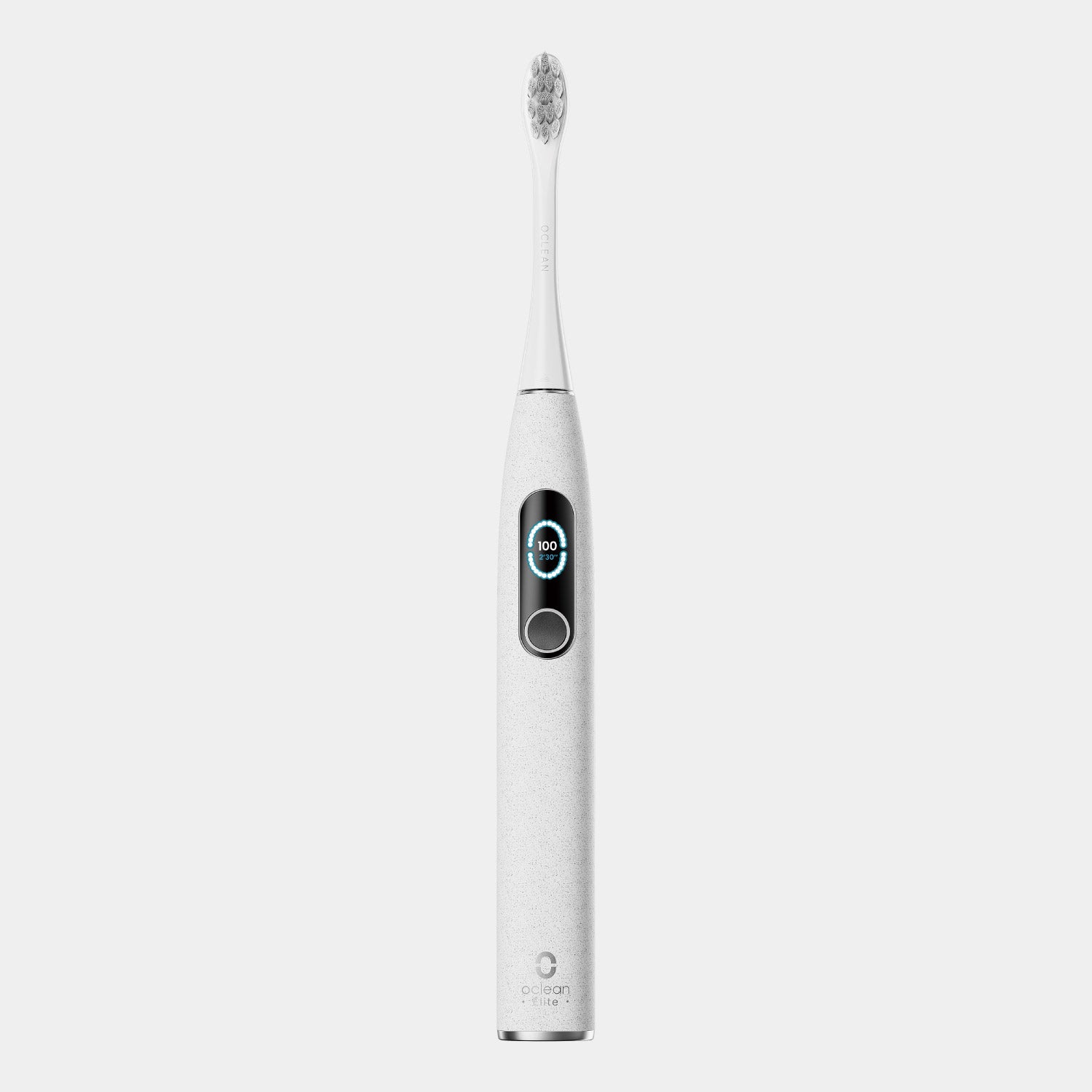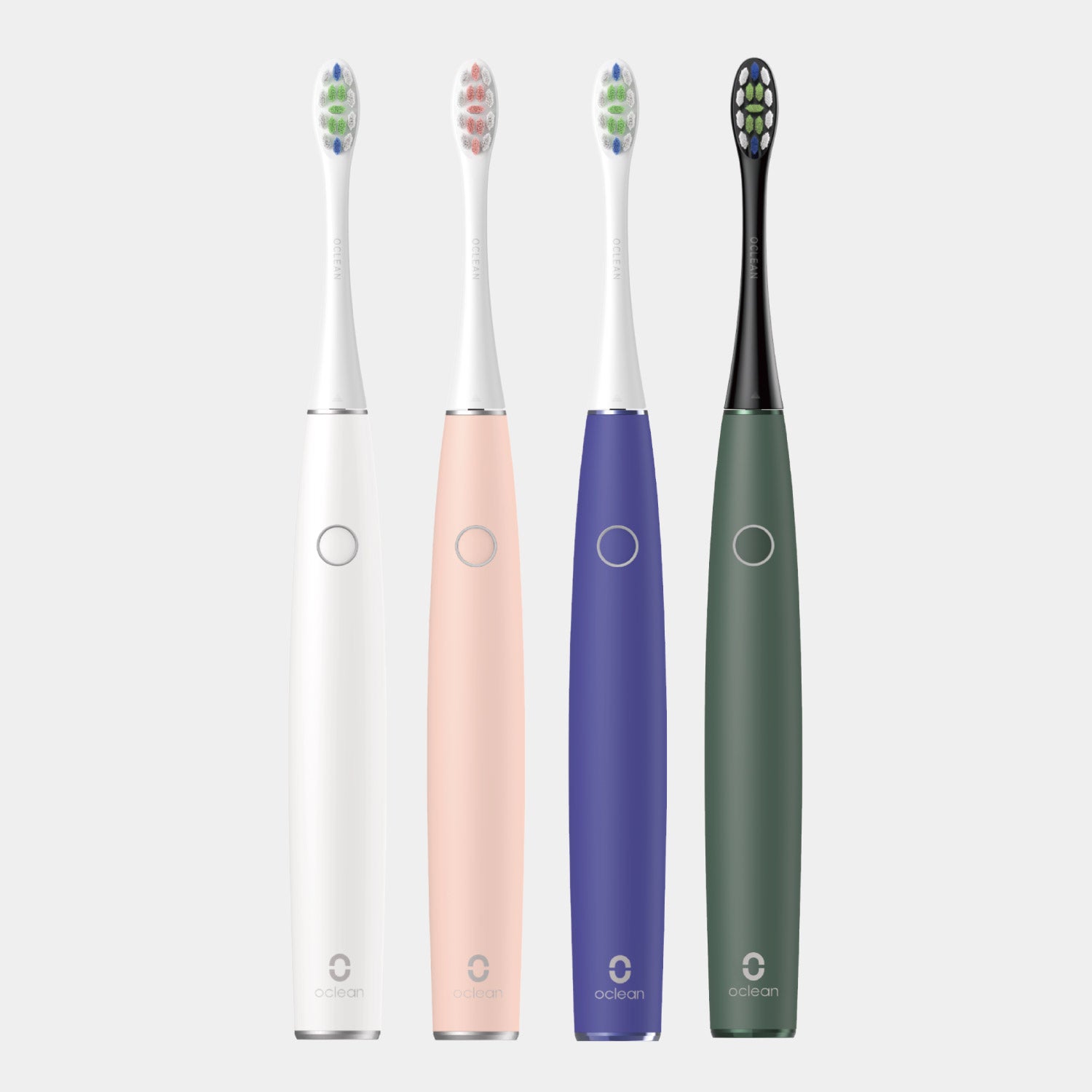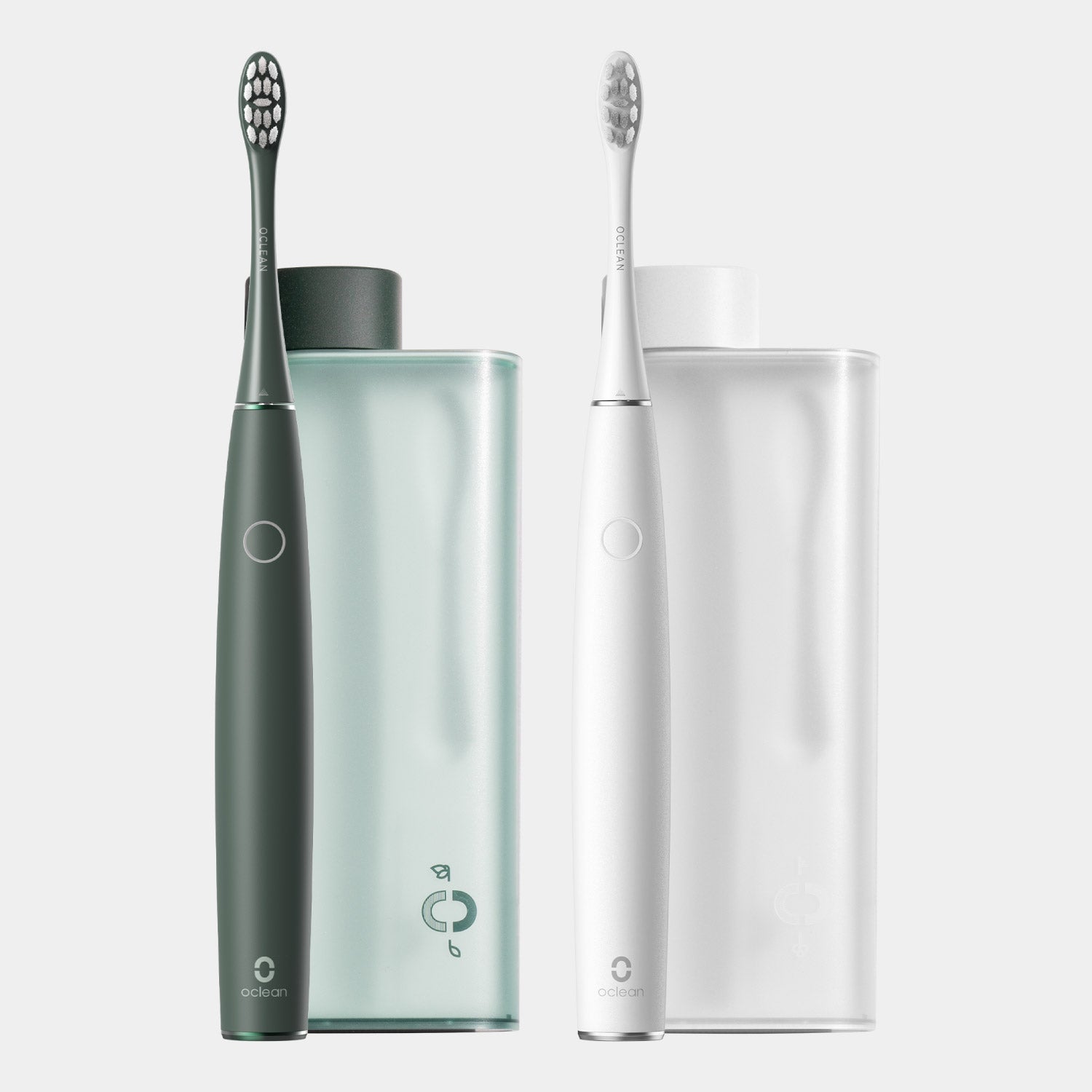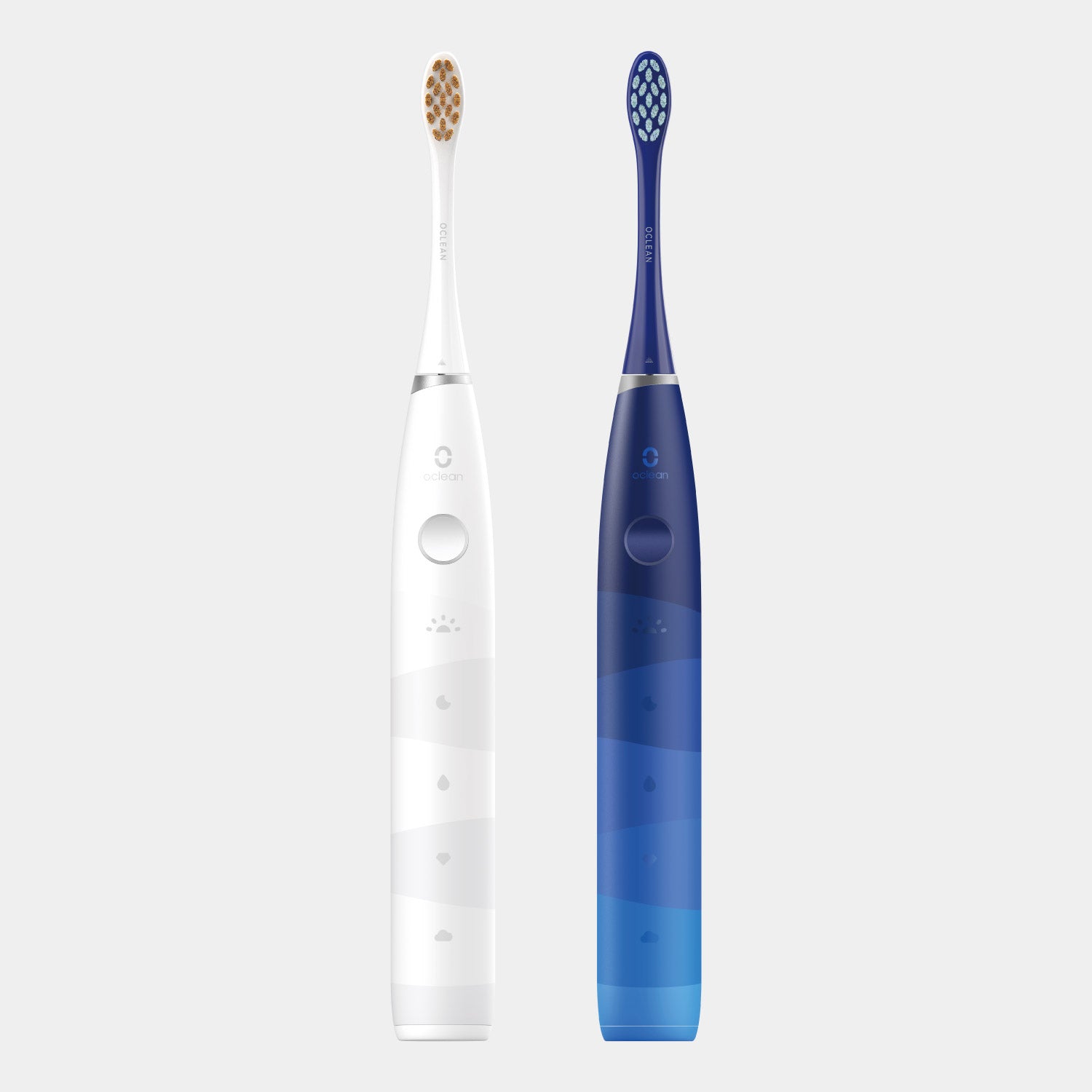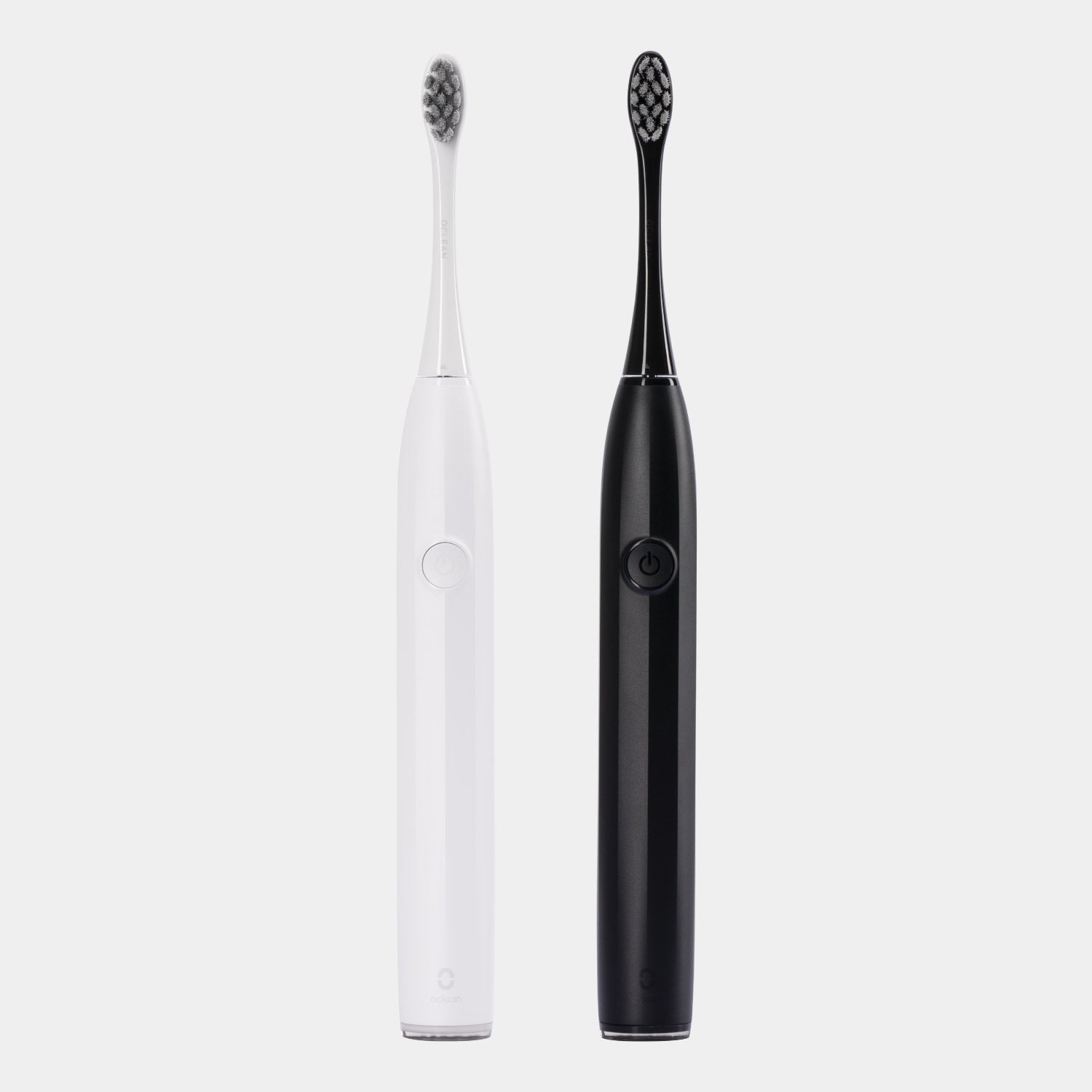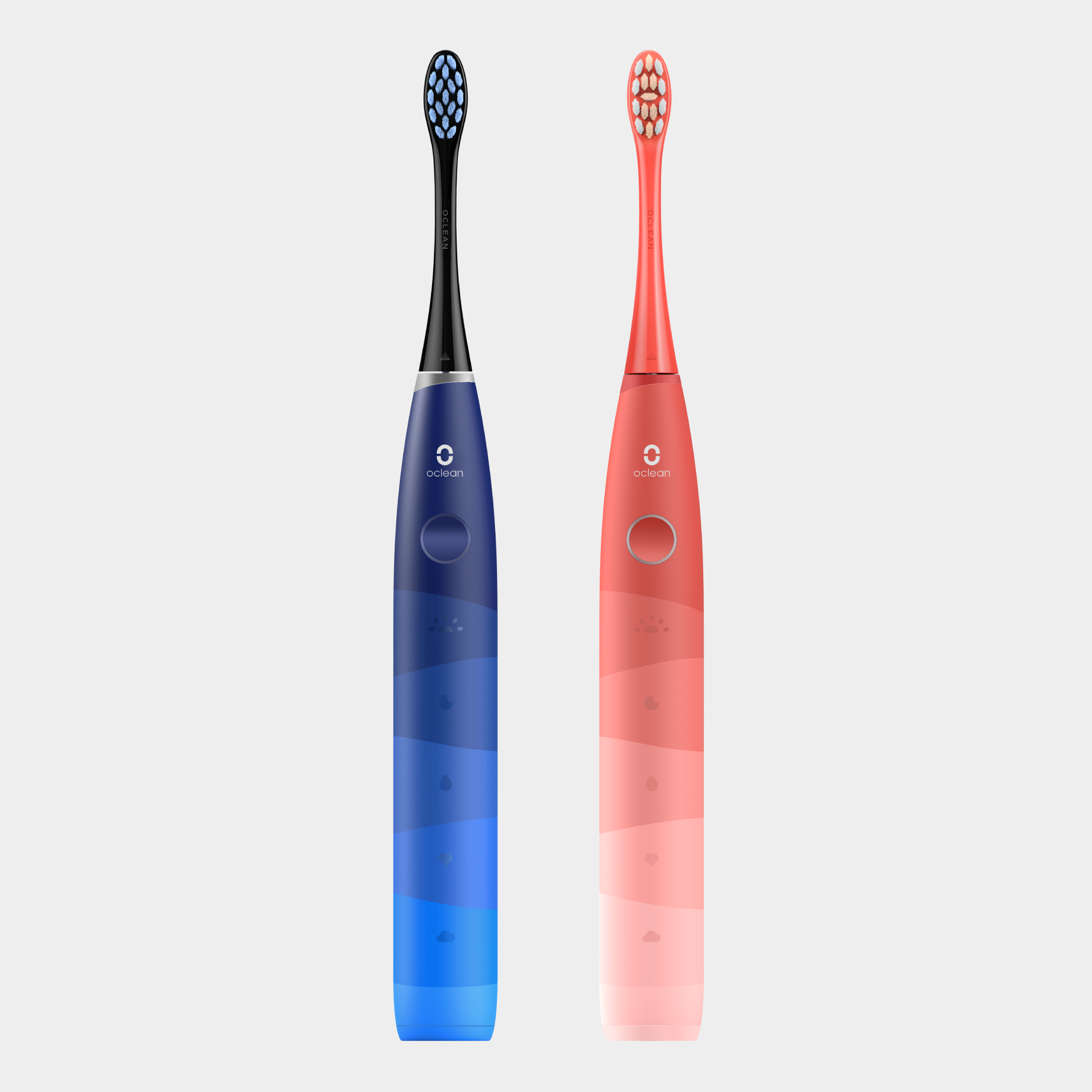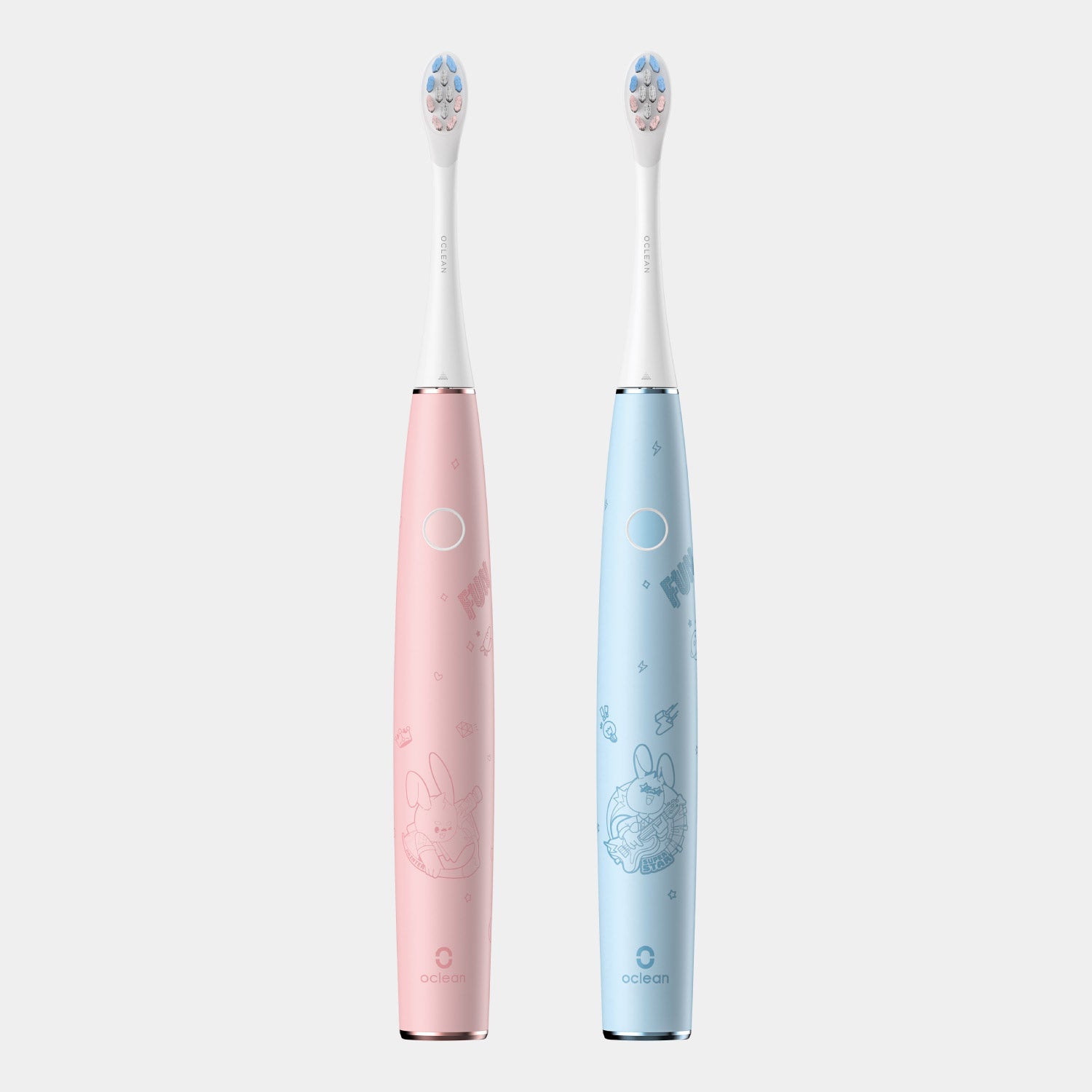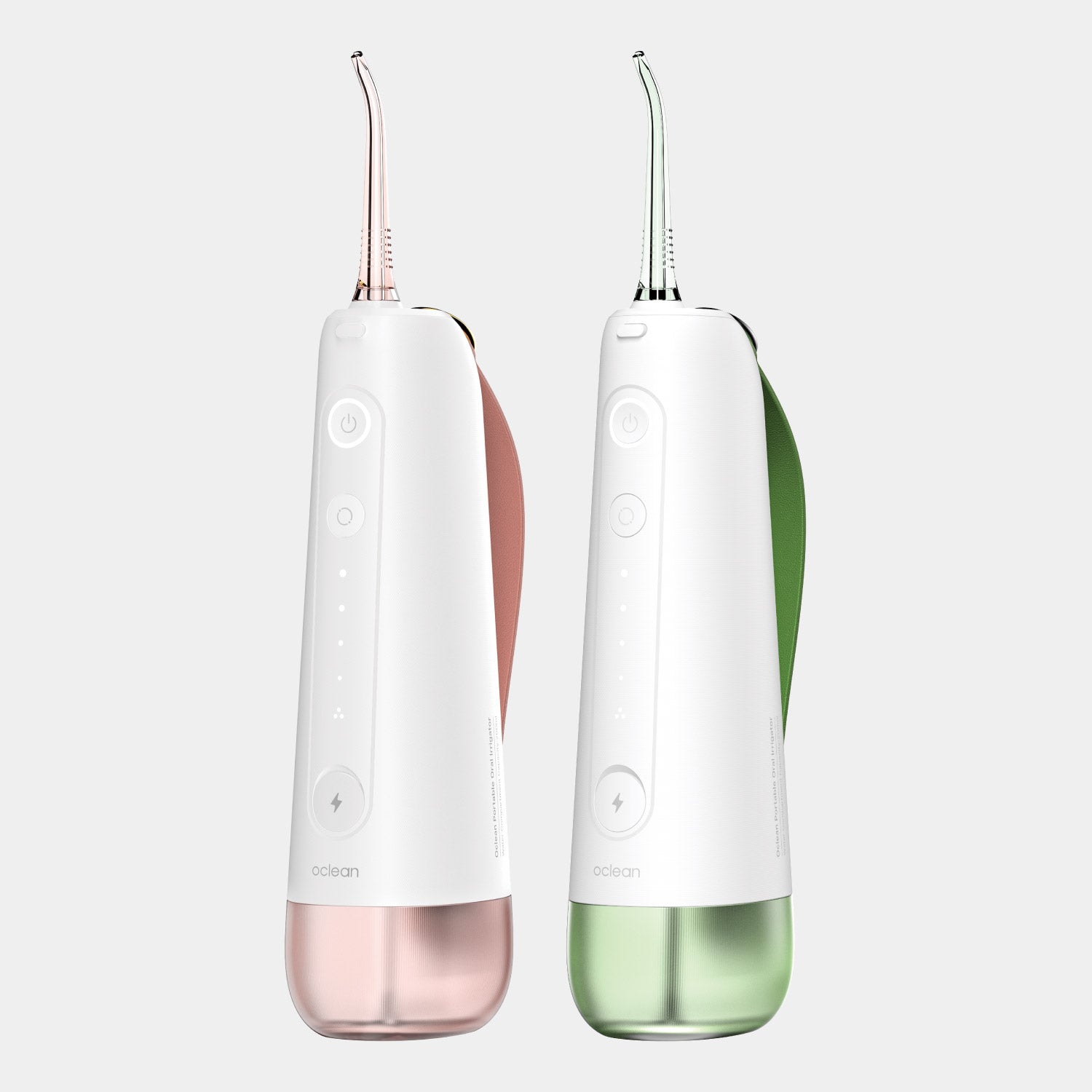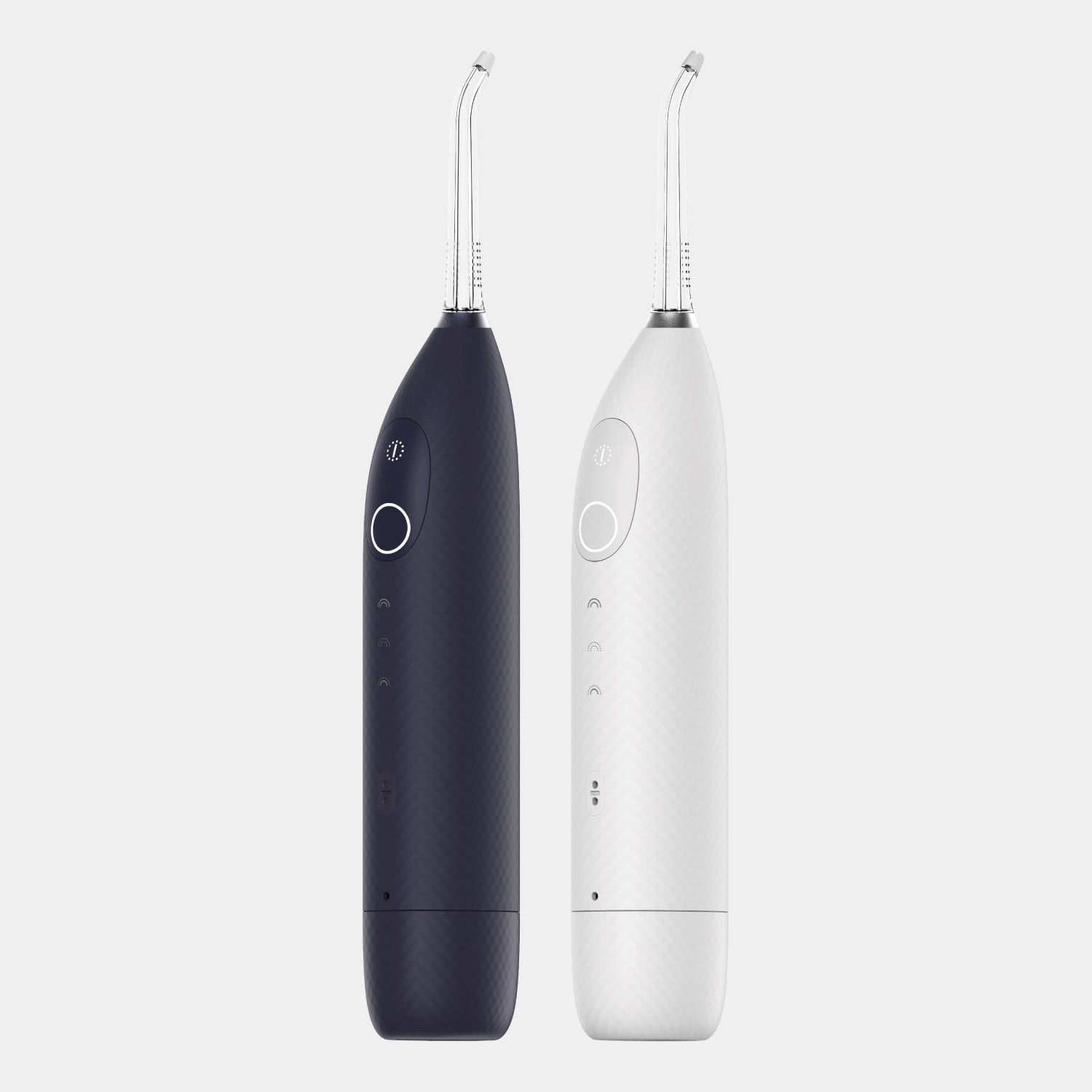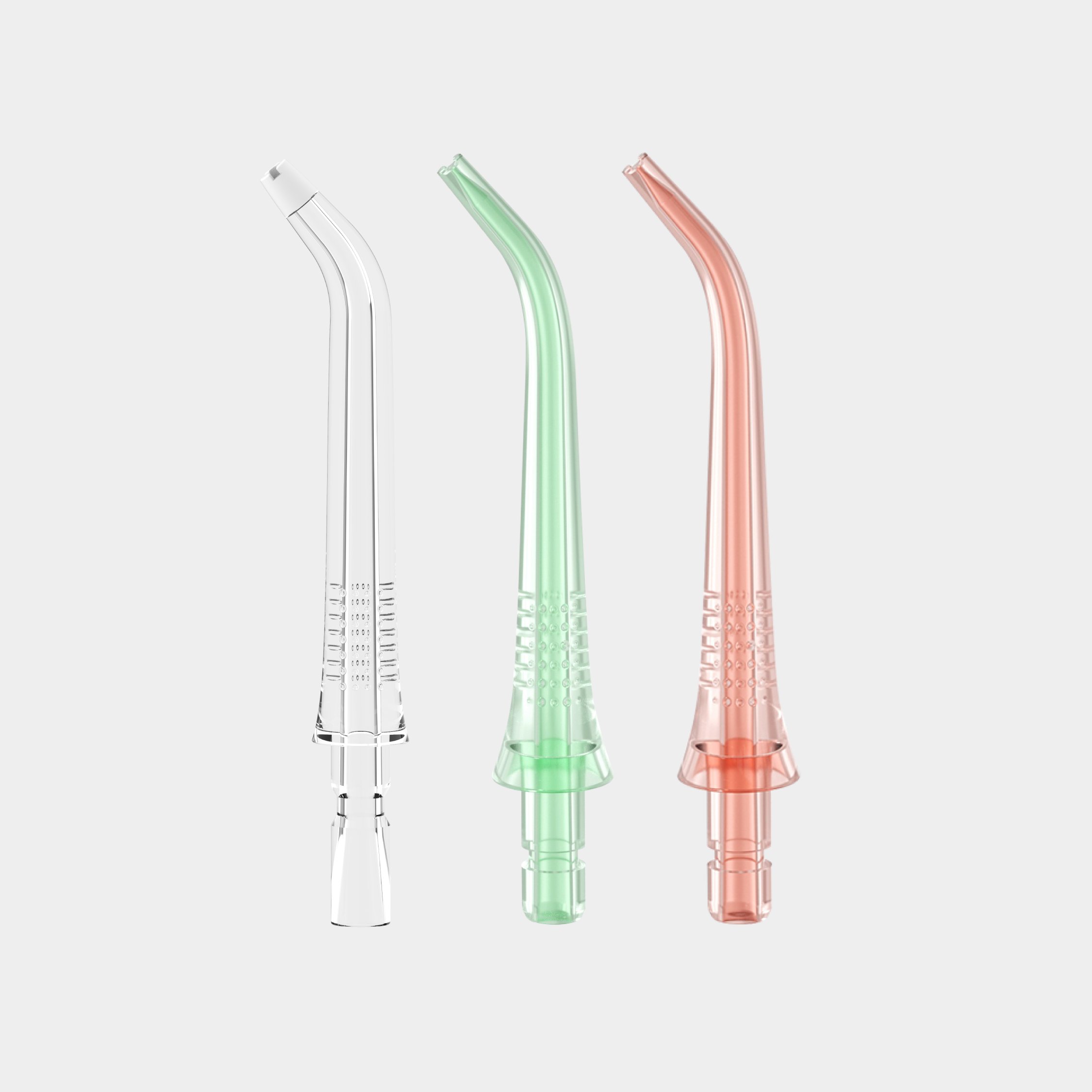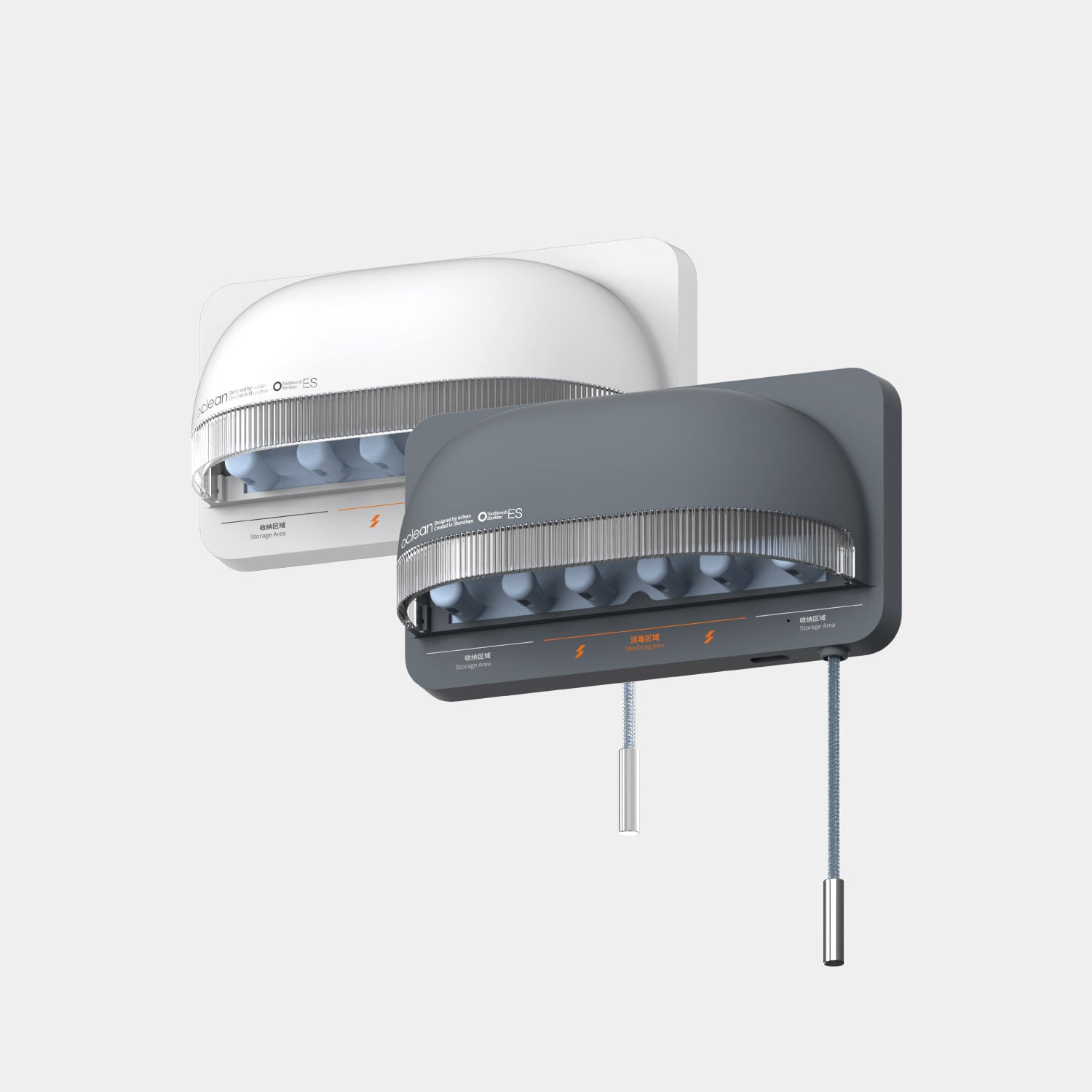Indeed, losing baby teeth is a major event and challenges parents and their kids alike. At this moment, parents always ask themselves, "When do kids start losing teeth, and what can they do about it?
Generally, most children start losing their baby teeth at about age 6, but some may start earlier at age four or later at age 7, depending on genetic background, health, and diet. Most children have lost all 20 baby teeth by age 13 and replaced them with permanent teeth in the mouth.

This guide gives a comprehensive look at the timeline of losing baby teeth, factors affecting early or delayed tooth loss, common issues like sensitivity or misalignment, and tips to ease the transition. You will also find effective remedies for discomfort and advice on choosing the proper oral hygiene tools to make this phase smooth and enjoyable.
The Timeline of Losing Baby Teeth
Baby teeth, also known as primary teeth, start to develop in the womb. These 20 teeth enable the child to chew, speak, and keep adequate space for their permanent teeth. As the child grows, the jaws expand, giving room for larger adult teeth to replace the baby teeth.
But when do children start losing baby teeth? Generally, it happens at age 6, but sometimes it happens between ages 4 and 7. The process starts with the lower central incisors, followed by the upper central incisors. Gradually, over the years, other teeth, such as lateral incisors, canines, and molars, fall out, but usually, the last of the baby teeth are gone by age 12 or 13.

The sequence of tooth loss usually follows the pattern in which baby teeth erupt. Such a pattern clears space for permanent teeth without crowding. However, it does not always follow this pattern. Early loss due to decay or accidents can lead to misalignment, while delayed loss may make it difficult for permanent teeth to erupt.
Remember, each child is different. Some will be much closer to the average timeline than others. Some will have deviations due to a variety of reasons, such as genetic conditions, oral hygiene practices, nutritional intake, etc. If you have any concerns about your child's oral health, talk to your dentist. They can guide you according to your needs and concerns.

Factors Affecting Early or Late Tooth Loss
The average age of losing baby teeth is around six years, but children may vary in terms of timing. It may occur very early or even a little late, depending on several factors that will help parents be proactive in managing their children's oral health.
Tooth Early Loss
Most cases of premature tooth loss are attributed to trauma from falls or sports injuries, conditions such as severe tooth decay, and other similar causes. Losing a baby tooth at an inappropriate age could allow surrounding teeth to drift into this gap once the baby tooth falls off, hence causing overcrowding or irregular alignment once permanent teeth appear. Sometimes, a permanent tooth might erupt too early, and spacing can result in uneven teeth.

Delayed Tooth Loss
Some children retain their baby teeth longer than normal. This may be due to genetic predisposition, lack of proper nutrition, or simply because of conditions such as ankylosis, wherein the baby tooth fuses with the jawbone and fails to come loose. In such cases, permanent teeth come out in the wrong positions or may cause discomfort because they rub against the retained tooth.
When to Seek Help
It is important to keep a close eye on your child's tooth loss. If baby teeth start falling out before age four or persist beyond age 13, see a dentist. A professional evaluation can identify underlying issues and prevent complications like misalignment or crowding, ensuring your child's permanent teeth have the best chance to develop properly.

Caring for Your Child's Teeth During the Transition
When kids begin losing their baby set, and these primary teeth are replaced with permanent ones, they especially require education about proper hygiene to have optimal dental health for a lifetime. Since it's an essential part of achieving that lifetime of good health for your child, you should act as an instructor in showing your child proper dental health hygiene.
Brushing and flossing daily
Teach your child to brush their teeth twice a day with fluoride toothpaste. Use a soft-bristled toothbrush that is of the appropriate size for your child's mouth. For smaller children, supervise them to be sure they brush all the surfaces of their teeth. Flossing should be introduced early to clean between the teeth and prevent the buildup of plaque, especially after permanent teeth begin to erupt and space becomes tighter.

A healthy diet for strong teeth
Nutrition plays a significant role in maintaining oral health. Give foods that contain calcium. These food items are generally dairy items, leafy greens, and fortified cereals. Decrease the consumption of sugary snacks and sugary beverages that may produce cavities. Instead of this, they should be exchanged with water for rinsing purposes and overall hydration.

Dealing with Loose Teeth
Once the baby tooth begins to loosen, it should be allowed to fall out naturally. Children tend to like to wiggle the tooth with their tongue or fingers, which can cause it to fall out without pain. It should never be pulled out since this may injure the gums or the roots of the incoming permanent tooth. If a tooth has proven stubborn or causes discomfort, then you should seek the opinion of a dentist for professional removal.
Routine dental Checkups
It is during the transition period that kids are encouraged to have regular dental checkups, preferably every six months. Regular checkups track the eruption of the teeth, address overcrowding and sensitivity, and get professional cleaning.
Proper care and guidance can allow children to get through this phase with little pain and healthy, strong, permanent teeth. With proper habits, children can have lifetime confident smiles.

Common Problems During Tooth Loss
It usually occurs easily; however, for some children, the process could involve complications. Identifying such problems and solving them can make the process flow better.
Sensitive Teeth and Gums
When they start losing their baby teeth, some children develop irritating and painful sensitivity problems. They can also experience soreness that hurts them while eating or even when they brush their teeth.
Although these issues sound serious, they can be managed easily with a few tweaks. For instance, a lukewarm saltwater solution is known to assist greatly in alleviating the burning and heightened sensitivity.
If an over-the-counter anesthetic gel is available, you can use it to temporarily relieve pain. However, a professional visit to the dentist should not be avoided, especially when the pain persists.

Crowding and Misalignment
Early falling out of baby teeth or delayed eruption of permanent teeth increases the chance of malposition. When the teeth do not have sufficient space to erupt, they become overlapped or crookedly erupted, leading to crowding. It may help if early orthodontic evaluation can detect the possible malpositions and ensure sufficient space for permanent teeth to erupt properly.
Teeth Loosening and Do Not Come Loose
Sometimes, baby teeth loosen but do not fall out even when the permanent tooth is ready to erupt. Such a situation is termed "retained baby teeth," and sometimes such a condition necessitates the involvement of the dentist, so as to prevent potential complications such as crooked growth or gum discomfort.

Infections or Decay
When the decaying baby tooth becomes infected, usually before falling, it could hurt the gum in its immediate environment. In most such instances, professional dental care will prevent secondary problems that might influence the permanent tooth.
Understanding these common problems allows parents to take action in time to correct the dental health of their children and keep them on track. Proactive care, regular checkups, and oral hygiene help avoid complications at this critical phase.
Home Remedies for Loose Teeth and Sensitive Gums
Most of the children may sometimes feel sore when the permanent tooth replaces baby teeth. Home remedies can be very helpful in providing relief and promoting proper oral development.

Saltwater Wash
A warm salt water rinse is a simple remedy to soothe gum irritation and inflammation. Mix half a teaspoon of salt with a cup of warm water, ask your child to gently swish it around in his mouth for 30 seconds and spit it out.
Ice pack
If your child has swelling or soreness around a loose tooth, applying a cold compress to the outside of the cheek may help alleviate discomfort. Use a cloth-wrapped ice pack and apply it in 10-minute intervals.

Firm Foods Leading to Spontaneous Tooth Extrusion
You should encourage your child to chew on firm, safe foods like apples or carrots. The gentle chewing motion helps loosen baby teeth naturally, and it makes the process quicker and less uncomfortable.
Clove oil for pain relief
Clove oil is an anti-inflammatory and analgesic naturally. It can be applied topically on the affected area with the help of a cotton swab. This might be useful if the gums are sensitive after the loss of a tooth.
Hydration and Soft Foods
Teach the child to take enough water and a moist diet. At night, take gentle, cool things: yogurt or mashed potato soup; this will reduce pressure around the gap and provoke little irritation around the soft tissues.

Such remedies are the saviors for milder cases of discomfort. But for constant pain or swelling, visit a dentist. A few steps followed by parents enable them to make their little ones comfortable during this important phase of their lives.
How to Prepare for Permanent Teeth?
Now that you know when kids start losing their teeth, it's high time to prepare for permanent teeth.
It starts with the emergence of baby teeth dropping, permanent teeth begin to appear, which is a critical step for the setting of foundational lifelong dental health. Good care during this transition sets adult teeth to grow healthy and strong.

Understanding the Timeline for Permanent Teeth
Permanent teeth begin to erupt between ages 6 and 12. The first molars, or "six-year molars," and the lower central incisors begin to erupt at age 6. Most children have all 28 permanent teeth by age 12 or 13. Third molars, or wisdom teeth, usually come in between ages 17 and 21.
This may not strictly adhere to the timing of baby tooth loss; therefore, regular dental checkups will be important for tracking development and the early discovery of any alignment problems. If a permanent tooth is delayed more than three months after a baby tooth has been lost, a dentist can recommend X-rays to detect underlying problems.
Promoting Healthy Growth
Cavities and gum diseases will be prevented by brushing teeth with fluoride toothpaste two times a day and flossing daily. Choose an age-suitable toothbrush, such as the Oclean Kids Electric Toothbrush, which is the best for children with good, gentle cleaning.

Addressing Puberty-Related Dental Changes
Children reaching puberty stage are affected through hormonal changes. The increasing blood flow to the gum causes tenderness or swelling on the gums, and sometimes, more bacteria in the mouth compared to before, triggering gingivitis. In this period, prevention is crucial in preventing future challenges such as periodontitis.
Early Orthodontic Evaluation
Most children benefit from an orthodontic evaluation by age 7. Early detection of crowding, misalignment, or jaw discrepancies can be addressed more effectively and can also prevent more complex treatments later on.
It is not only hygiene preparation for permanent teeth but also for building habits and tackling problems early. The right tools, guidance, and professional support from parents can be the best means of ensuring healthy, confident smiles for children.
The Bottom Line
Losing baby teeth is one of the most important milestones that a child will undergo; hence, understanding the process helps support their dental health. Knowing when children usually start losing their baby teeth helps parents assist their children in handling this exciting phase.

For parents seeking to give their little ones the best care available, the Oclean Sonic Electric Toothbrush is something they should add to their routine. The product was designed to meet children's special needs. It cleans well without irritating the teeth's delicate structures and health.



